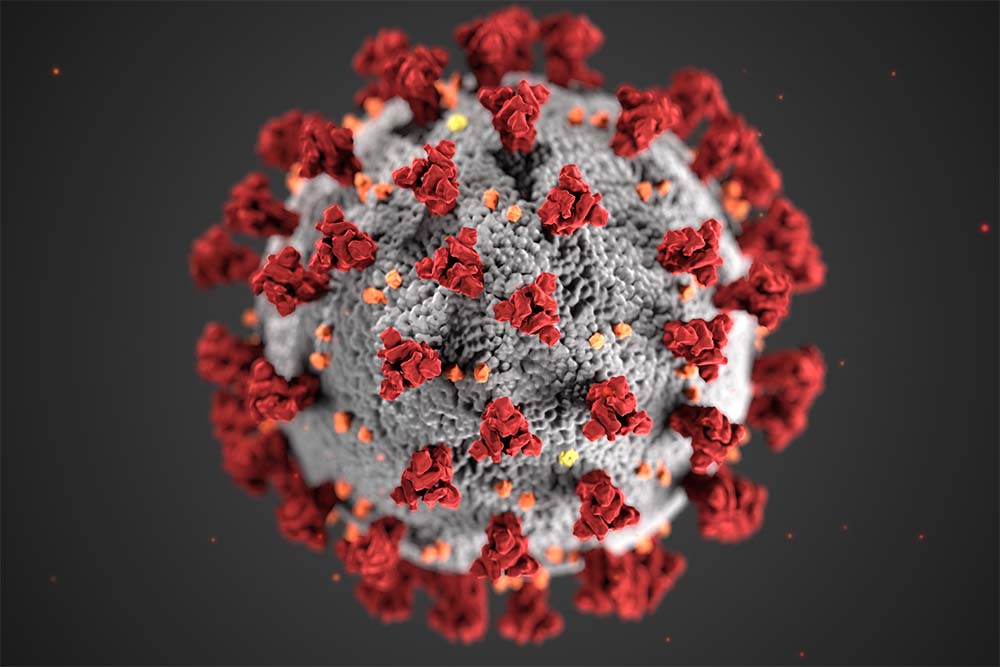
- Details
- By Native News Online Staff
WINDOW ROCK, Ariz. — On Saturday, the Navajo Department of Health, in coordination with the Navajo Epidemiology Center and the Navajo Area Indian Health Service, reported 12 new Covid-19 positive cases for the Navajo Nation and one more death. The total number of deaths is now 1,246 as of Saturday. Reports indicate that 16,342 individuals have recovered from Covid-19, and 253,123 Covid-19 tests have been administered. The total number of positive Covid-19 cases is now 30,052.
Navajo Nation Covid-19 positive cases by Service Unit:
- Chinle Service Unit: 5,522
- Crownpoint Service Unit: 2,869
- Ft. Defiance Service Unit: 3,585
- Gallup Service Unit: 4,753
- Kayenta Service Unit: 2,656
- Shiprock Service Unit: 5,038
- Tuba City Service Unit: 3,645
- Winslow Service Unit: 1,966
* 18 residences with Covid-19 positive cases are not specific enough to place them accurately in a Service Unit.
On Saturday, the state of Arizona reported 776 new cases, Utah reported 460, and New Mexico reported 185 new cases. On Friday, the Navajo Department of Health issued Public Health Emergency Order No. 2021-007, extending the “Safer at Home” order, revising the daily curfew hours from 10:00 p.m. (MDT) to 5:00 a.m. (MDT), and allowing businesses to remain open one extra hour until 9:00 p.m. (MDT) each day of the week.
The latest public health emergency order also creates the following provisions to allow outdoor “drive-in” gatherings during non-curfew hours:
1. Outdoor “drive-in” gatherings only, in which people from the same vehicle remain in their vehicles.
2. Vehicles are parked at least six (6) feet from other vehicles, in all four directions.
3. Organizers and participants wear masks.
4. Gathering is conducted in a no-contact manner and maintaining social distancing standards.
5. Event organizers are also required to:
a. Limit the number of people in a restroom to no more than five (5) people.
b. Ensure that people have access to a handwashing station, sanitizer, or gloves.
c. Ensure that high-touch surfaces are regularly disinfected.
“We ask our Navajo people to adhere to the revised provisions under the latest public health emergency order from the Navajo Department of Health. Please remember that we are in this fight against Covid-19 together and the only way we are going to overcome the pandemic is by listening to the recommendations of the health care experts. We know that people are eager to travel, but we must be safe and minimize travel to essential activities only. Stay focused and continue to take all precautions. Stay home as much as possible, wear one or two masks, avoid large crowds and gatherings, practice social distancing, and wash your hands often,” Navajo Nation President Jonathan Nez said.
Health care facilities across the Navajo Nation continue to administer Covid-19 vaccines during drive-thru events or by appointment. If you would like to receive the vaccine, please contact your health care provider for more information for your Service Unit.
For more information, including helpful prevention tips, and resources to help stop the spread of Covid-19, visit the Navajo Department of Health's Covid-19 website: http://www.ndoh.navajo-nsn.gov/Covid-19. For Covid-19 related questions and information, call (928) 871-7014.
More Stories Like This
Native News Weekly (August 25, 2024): D.C. BriefsUS Presidents in Their Own Words Concerning American Indians
Native News Weekly (December 14, 2025): D.C. Briefs
Wounded Knee Massacre Site Protection Bill Passes Congress
Two Murdered on Colville Indian Reservation
Help us defend tribal sovereignty.
At Native News Online, our mission is rooted in telling the stories that strengthen sovereignty and uplift Indigenous voices — not just at year’s end, but every single day.
Because of your generosity last year, we were able to keep our reporters on the ground in tribal communities, at national gatherings and in the halls of Congress — covering the issues that matter most to Indian Country: sovereignty, culture, education, health and economic opportunity.
That support sustained us through a tough year in 2025. Now, as we look to the year ahead, we need your help right now to ensure warrior journalism remains strong — reporting that defends tribal sovereignty, amplifies Native truth, and holds power accountable.
 The stakes couldn't be higher. Your support keeps Native voices heard, Native stories told and Native sovereignty defended.
The stakes couldn't be higher. Your support keeps Native voices heard, Native stories told and Native sovereignty defended.
Stand with Warrior Journalism today.
Levi Rickert (Potawatomi), Editor & Publisher

